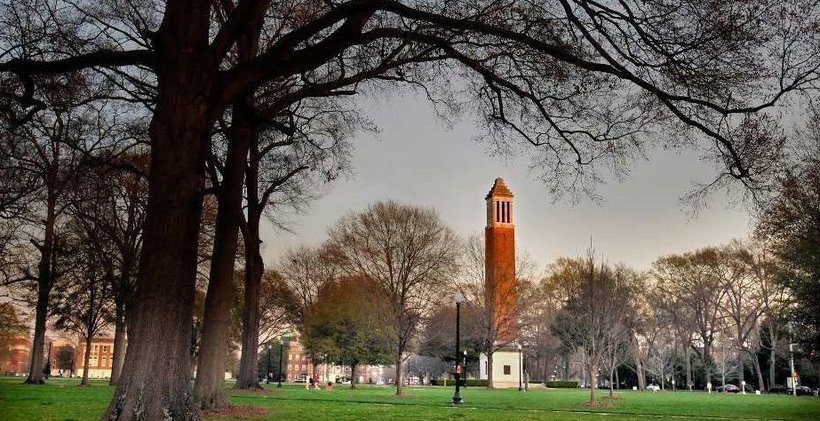
TUSCALOOSA, Ala. — Minority participation in Greek Like at the University of Alabama is up 91.5% since 2012, and the Tuscaloosa campus is preparing to fully implement a new “inclusion” plan that could continue breaking down the racial barriers on campus.
The new model, which began partial implementation in 2013, creates avenues to report discriminatory conduct by student organizations and includes special training for individuals involved in the fraternity and sorority member selection process, among other reforms. UA’s 62 fraternities and sororities account for over 10,000 students and 31.1 percent of the university’s enrollment.
“We are proud of the commitment and progress our student leaders and alumni have made over the last three years to increase diversity in the Greek community,” said David Grady, UA’s vice president for student affairs. “Our fraternity and sorority community is stronger as a result. We recognize this is a process that will take sustained focus and effort, and I am confident our student leaders will build upon the momentum generated over the last three years.”
As racial tensions rose on college campuses across the country last year, some UA students also protested what they described as systemic racism on campus. Most of their allegations were debunked upon investigation, but the fact remained that many of the university’s traditionally all-white sororities and fraternities were still not fully integrated.
RELATED: Activists are desperately trying (and failing) to recreate the Mizzou racism scandal at Alabama
But with the election of the university’s first black student body president in over forty years and the new “inclusion” plan, the campus’s famed Greek System appears to be making significant strides.
“Greek life is a vital part of the college experience for many students. With today’s action plan, the University of Alabama makes a commitment that this important component of University life, which plays a significant role in the formation of relationships students will carry forward into their adult lives, is not tarnished by racial barriers,” U.S. Attorney Joyce White Vance wrote in a statement. “We look forward to the University’s prompt and full implementation of the action plan. We appreciate the students who came forward with allegations about discrimination in sorority rush and made this action plan possible. We urge the community to contact our office if they have any concerns about discrimination or other civil-rights violations on any campus.”
The Action Plan will get its first real test on August 5 when UA’s massive Fall Sorority Rush begins. Last year, a record 2,460 women registered for formal recruitment, and the numbers are only expected to grow.












